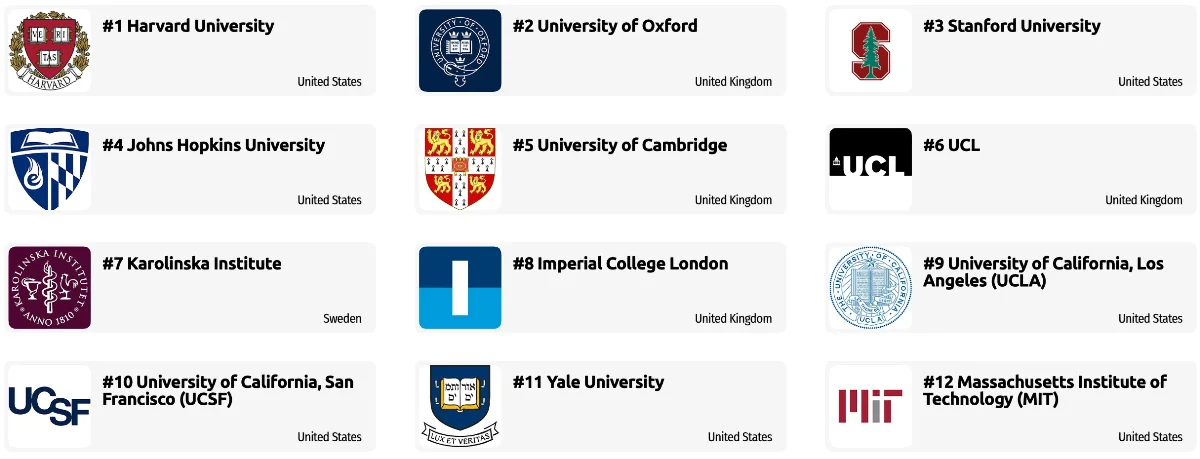Mediator

Mediators should be capable of:
- Providing personal assistance, medical attention, emotional support, or other personal care to others such as coworkers, customers, or patients.
- Developing constructive and cooperative working relationships with others, and maintaining them over time.
- Performing for people or dealing directly with the public. This includes serving customers in restaurants and stores, and receiving clients or guests.
- Handling complaints, settling disputes, and resolving grievances and conflicts, or otherwise negotiating with others.
Strategist

Most strategists should excel at:
- Establishing long-range objectives and specifying the strategies and actions to achieve them.
- Analyzing information and evaluating results to choose the best solution and solve problems.
- Developing specific goals and plans to prioritize, organize, and accomplish your work.
- Scheduling events, programs, and activities, as well as the work of others.
Other work activities related to Hospitalists
- Referring patients to medical specialists, social services or other professionals as appropriate.
- Participating in continuing education activities for maintaining or enhancing knowledge and skills.
- Directing, coordinating, or supervising the patient caring activities of nursing or assistance staff.
- Writing patient discharge summaries and sending them to primary caring physicians.
- Directing the operations of short stay or specialty units.
- Training or supervising medical students, residents, or other health professionals.
- Prescribing medications or treatment regimens to hospital inpatients.
- Ordering or interpreting the results of tests such as laboratory tests and radiographs (x rays).
- Attending inpatient consultations in areas of specialty.
- Conducting discharge planning and discharge patients.
- Diagnosing, treating, or providing continuous caring to hospital inpatients.
- Admitting patients for hospital stays.
- Communicating with patients’ primary caring physicians upon admission, when treatment plans are changed, or at discharge for maintaining continuity and quality of caring.







